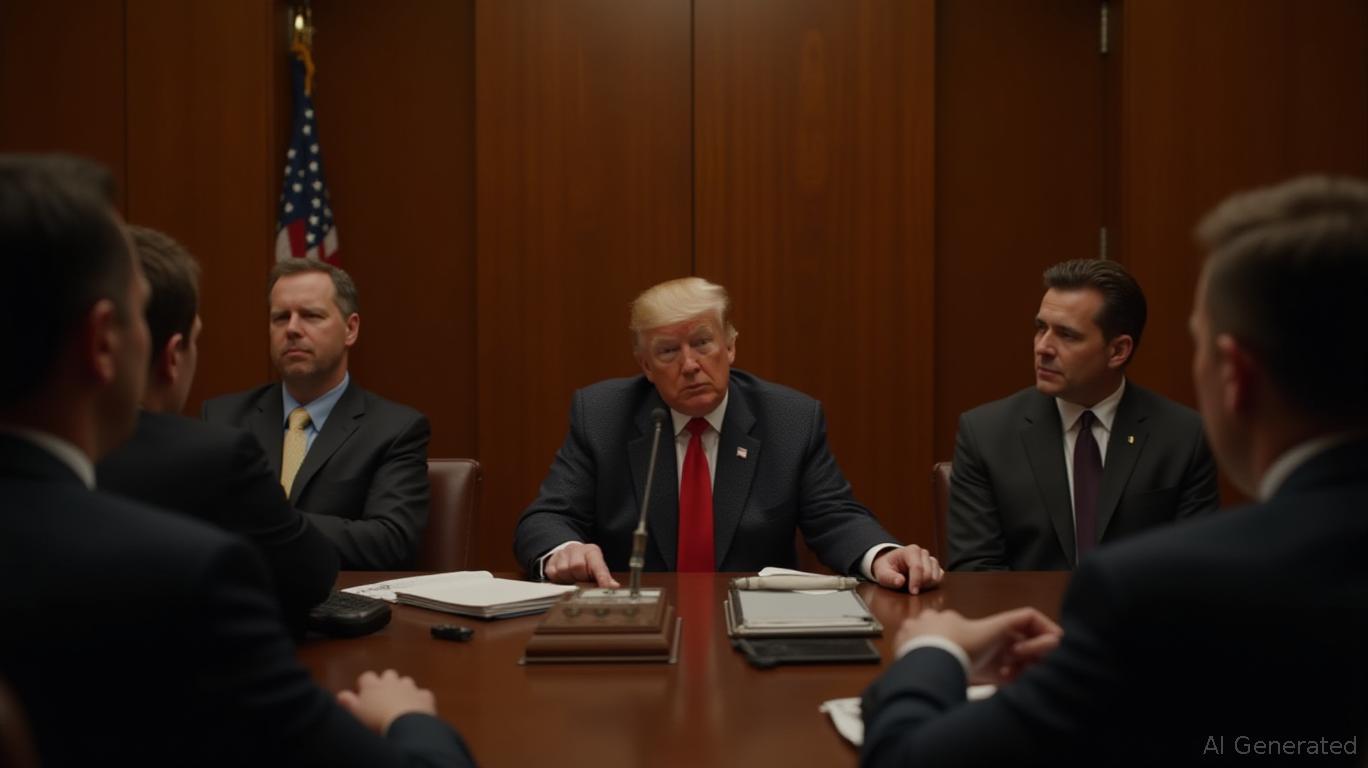Landmark IEEPA Lawsuit Questions President's Authority to Enact Wide-Ranging Tariffs
The U.S. Supreme Court is scheduled to hear oral arguments on November 5 in a pivotal case that will examine President Donald Trump's power to enact broad tariffs under the International Emergency Economic Powers Act (IEEPA) of 1977, as reported by
The central question is whether Trump exceeded his legal powers by invoking IEEPA to levy tariffs—ranging from 10% to 50%—on imports from nearly every trading partner,

The implications are enormous. By September 2025, tariffs enacted under IEEPA are projected to have brought in $89 billion, helping to reduce the federal deficit and fund programs such as port fees for ships linked to China, according to
Constitutional experts and advocacy organizations have voiced concerns, pointing out that Article I of the Constitution gives Congress the authority to "lay and collect duties," a responsibility it has traditionally delegated to the executive only under certain circumstances, as reported by ABC News. The Brennan Center for Justice contends that permitting IEEPA to justify tariffs would amount to an "unconstitutional delegation" of legislative power, undermining checks on presidential authority. In contrast, the Trump administration argues that striking down the tariffs would weaken America’s leverage in international trade talks and embolden foreign rivals.
The possibility of Trump attending the hearing lends additional significance to the case. While previous presidents have participated in Supreme Court ceremonies or appeared as attorneys, none have sat in on oral arguments, the Japan Times notes. His attendance would highlight the personal importance of the case and could signal either the administration’s confidence or its sense of urgency as the justices deliberate. The Supreme Court’s ruling, anticipated by the end of the year, will ultimately decide whether the president’s tariff approach will be upheld or struck down amid legal and constitutional scrutiny.